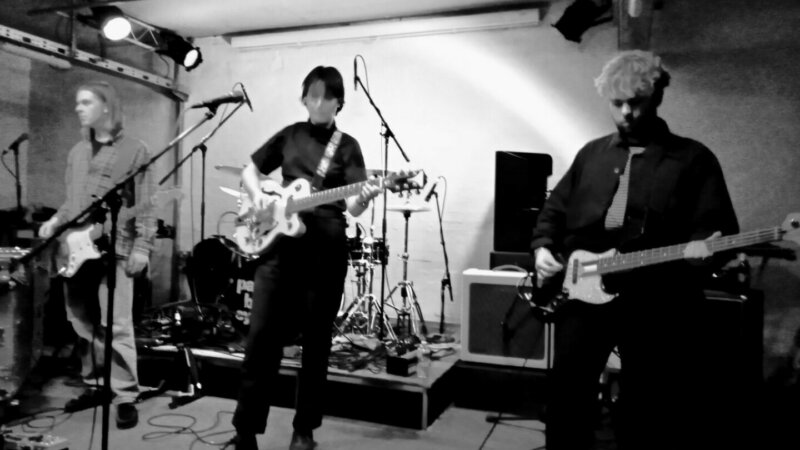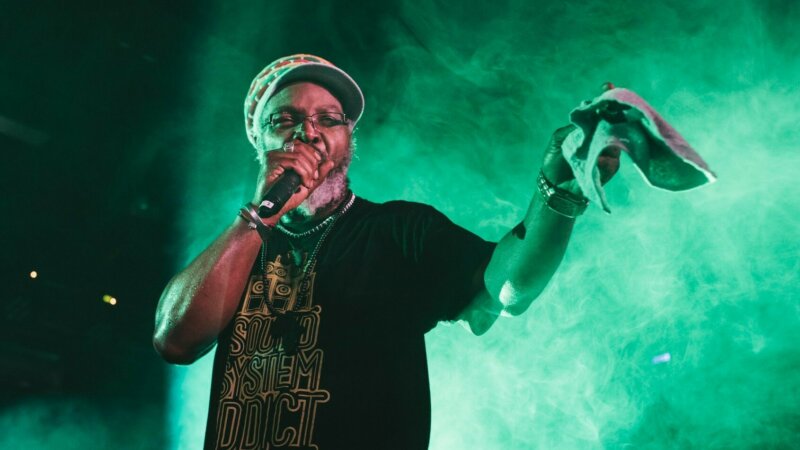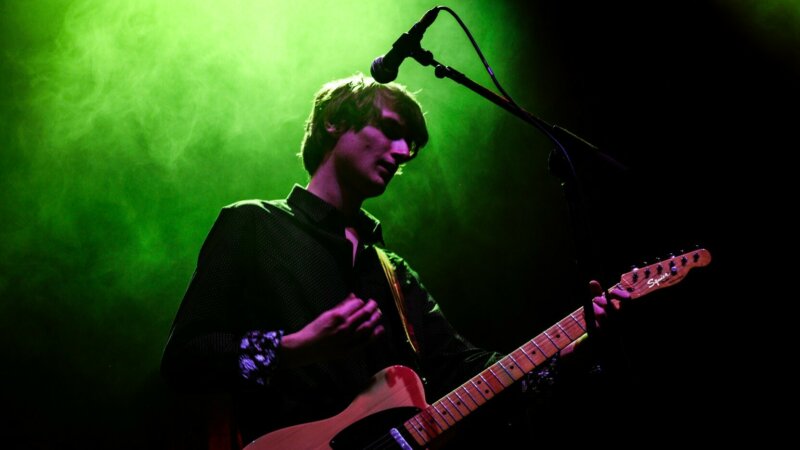Sound
Do It Yourself - 40 Years of Punk
New York in 1974 was not an easy-going place. Though still a vibrant hub of world art and culture, the city had a murder rate three times that of today and was nearing bankruptcy and social breakdown of proportions not seen since the 30s. It encapsulated the failure of the 60s dream and the future seemed bleak, almost non-existent for much of its disaffected youth. The protesting racket emanating from a small bar in the distinctly downtown Bowery district would soon, for the same reasons, resonate strongly with youth around the world, changing the course of popular culture forever. For now though it was just another noise in the chaotic, dysfunctional din of a city in decline.
CBGB was a music venue founded in December 1973 whose plan was to stage ‘Country, BlueGrass and Blues’. This would quickly change, thanks to the fact that there was virtually no other place for New York’s alternative scene to call home following the collapse of the Mercer Arts building the previous summer.
A group recently renamed Television played in March 1974. They didn't have a name for their kind of music, but they knew it sounded different from the then fashionable bombastic rock and sanitised pop that they didn't want to play. Reputedly they offered to build a new stage and were rewarded for their efforts with a regular spot. Their bassist and co-vocalist Richard Hell's shorthaired, safety pinned, ripped shirt image would later be an inspiration to the Sex Pistols and become synonymous with the punk look. Hell made it up himself. Debbie Harry and Chris Stein’s new band would make their CB's debut in August and eventually find a snappy name, Blondie and the Banzai Babies. Patti Smith, a veteran of the New York avant-garde scene, was the club's first artist to release a record, ‘Hey Joe’/‘Piss Factory’, the same month.
By mid 1975 the club had played host to debut gigs by Blondie, Talking Heads, Johnny Thunders and the Patti Smith Group, names now synonymous with the first wave of American punk. Its influence over the same phenomenon in the UK did not take effect until over a year later. For now it was only a home for alternative types and bands that wouldn’t be able to get gigs at most of the other venues in the city.
If one band had to sum them all up it was probably the one formed by four dropouts from affluent Forest Hills, Queens. The Ramones made their CBGB debut on 16 August, one of over 3,000 shows in a career lasting over two decades. They never had mainstream success, yet their effect was profound. Their 1976 London shows kick-started the UK punk scene and their debut album is widely seen as the first by a true punk band. “Everywhere we played, bands formed,” said Johnny Ramone in his last interview.
Their influence remains unquestionably huge despite the inevitable arguments about who actually started punk. It is a fact that groups were playing visceral, street level DIY rock before these bands existed. Its immediate musical roots go back to 60s garage rock and bands like The New York Dolls and The Stooges, but it was until now a nameless movement. The New York based magazine Punk would make its debut in January 1976 and from then on its history is more widely known.
By 1978 most of the originals would become big stars. The punk ideal spread quickly beyond its own confines and its true essence became less to do with the quickly commercialised punk rock sound and more about new ideas. It changed fashion and its DIY ethic could even be said to have had a political effect, ushering in a different era in music and beyond. Whilst this was all part of a cultural shift that went way beyond the activities of a handful of misfits at a downtown New York bar in 1974, few phenomena encapsulate it so well.
Many argue that punk was over even by the time the rash of punk bands exploded from 1977 onwards. It was just another product, the same but different. That may well be true, but punk had already fulfilled its basic idealistic task by then. It went beyond individual acts and personalities, and the never-to-return tiger was well and truly out of the cage.
)





